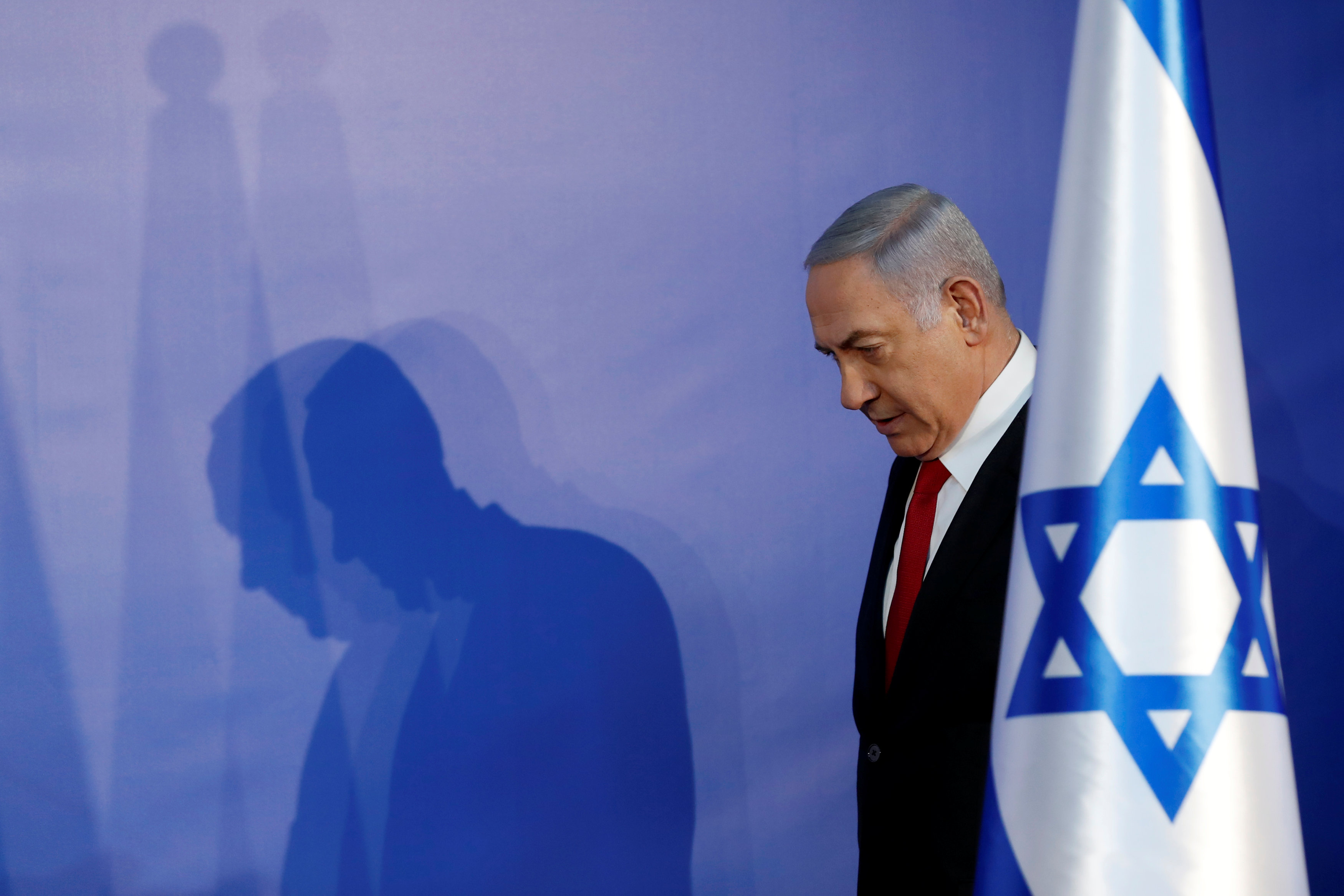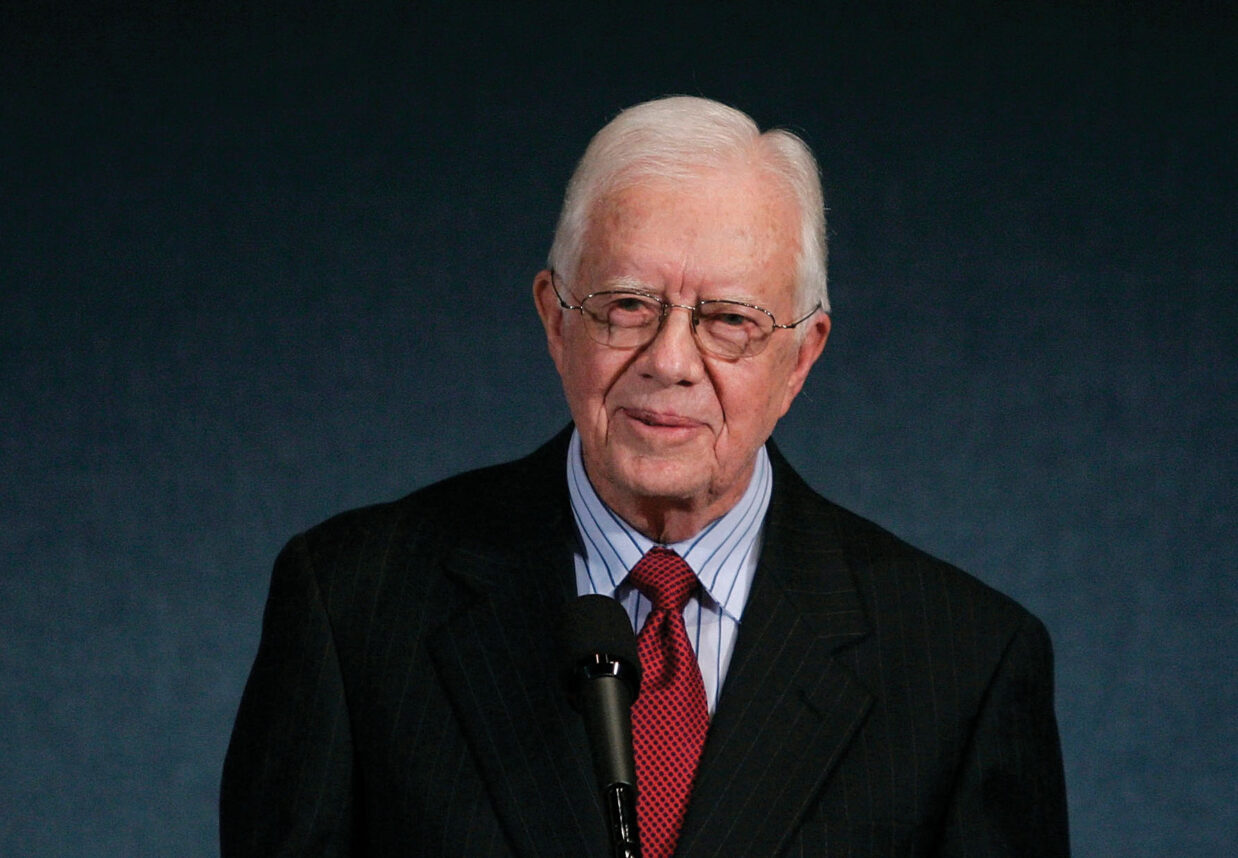
Even before Oct. 7, Benjamin Netanyahu’s legacy as Israel’s longest-serving leader was highly complicated. While his most recent term in the nation’s highest office has been marred by no shortage of divisiveness and acrimony, Netanyahu himself would probably have been satisfied with a tradeoff allowing him to be remembered as a leader whose combative approach may have provoked domestic controversy and political polarization but ultimately provided for the Jewish state’s security and economic well-being.
But that possibility evaporated in the early morning hours of Simchat Torah. While Netanyahu’s most urgent goals have become achieving a conclusive victory in Gaza, eliminating (or at least compromising) Hamas and freeing the hostages, he knows that even the successful accomplishment of these objectives is not going to give him back the legacy he had been building for the previous three decades. He was in charge on Oct. 7, and that is never going away.
The question for Netanyahu is whether he can write a final chapter for his remarkable career that would allow him to be defined as something other than the prime minister who was on watch when Hamas attacked.
The question for Netanyahu is whether he can write a final chapter for his remarkable career that would allow him to be defined as something other than the prime minister who was on watch when Hamas attacked. Winning the Gaza war and eliminating the Hamas threat would be an impressive coda to his extensive record of public service, but it is becoming clear that victory will take an exceedingly long time to complete and that neither his constituents nor international allies have nearly enough patience to allow him to continue the fight to such a definitive conclusion. So he’s going to need to come up with another final act.
Joe Biden thinks he has the perfect solution, one that could stabilize the Middle East and neutralize the Iranian threat, in addition to solidifying Netanyahu’s legacy and boosting Biden’s own reelection prospects. Biden still sees the potential for a grand accord between Israel and Saudi Arabia and believes that such an agreement would fundamentally remake the Middle East. Netanyahu was talking openly of a similar goal before Oct. 7, but the Saudi price for a deal has risen dramatically since then. And the establishment of a Palestinian state might be more than Netanyahu is willing to pay.
But the outlines of Biden’s efforts to lay the groundwork for such an ambitious goal are beginning to come into view. The U.S. State Department leaked last week that they have begun a policy review for options regarding a two-state solution. Top British diplomat David Cameron, that nation’s former prime minister, has also publicly floated the possibility. Both American and British sources went to great lengths to point out that a Palestinian state no longer needed to be the final step of the peace process, an assumption which has always kept that possibility out of reach in the past. Both also went out of their way to note that Netanyahu had frequently voiced support for a demilitarized Palestinian state as recently as 2015, unsubtly hinting that Bibi could justify such an extraordinary step if the Palestinians’ security needs were handled by a reliable multinational oversight entity.
It’s tempting to summarily dismiss the possibility of Netanyahu even considering such a proposal. But first consider a few potentially relevant factors to keep him from rushing to a decision. Constructive negotiations along these lines could hasten the end of the war, which would not only benefit the safety and security of the Israeli people, but also allow their flagging economy to rebound. It also seems like the most plausible path for a release of the remaining hostages, whose time in captivity could otherwise continue indefinitely. Both would accrue mightily to Netanyahu’s immediate political benefit. But a Saudi deal would also lay the groundwork for his grand finale, allowing him to leave the stage as the leader who brought long-awaited peace to Israel. All the ugliness of the last few years would become barely-mentioned footnotes, and Netanyahu would get to tell his story the way he believes it should be told.
Selling a Palestinian state to a war-scarred Israeli public will not be easy. But his other exit routes are just as painful and difficult.
Dan Schnur is the U.S. Politics Editor for the Jewish Journal. He teaches courses in politics, communications, and leadership at UC Berkeley, USC and Pepperdine. He hosts the monthly webinar “The Dan Schnur Political Report” for the Los Angeles World Affairs Council & Town Hall. Follow Dan’s work at www.danschnurpolitics.com.






















 More news and opinions than at a Shabbat dinner, right in your inbox.
More news and opinions than at a Shabbat dinner, right in your inbox.